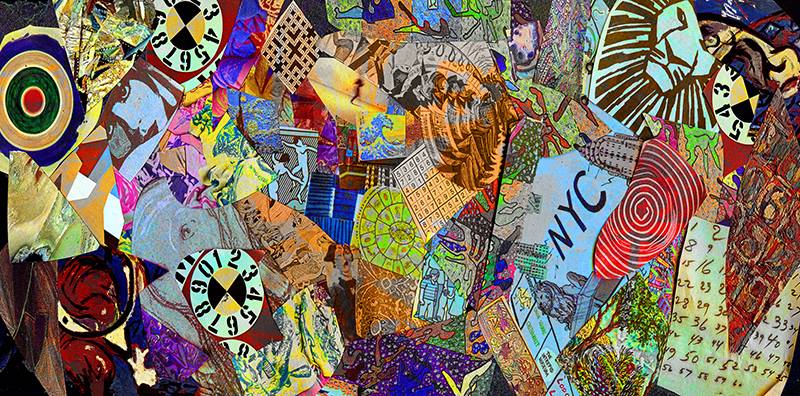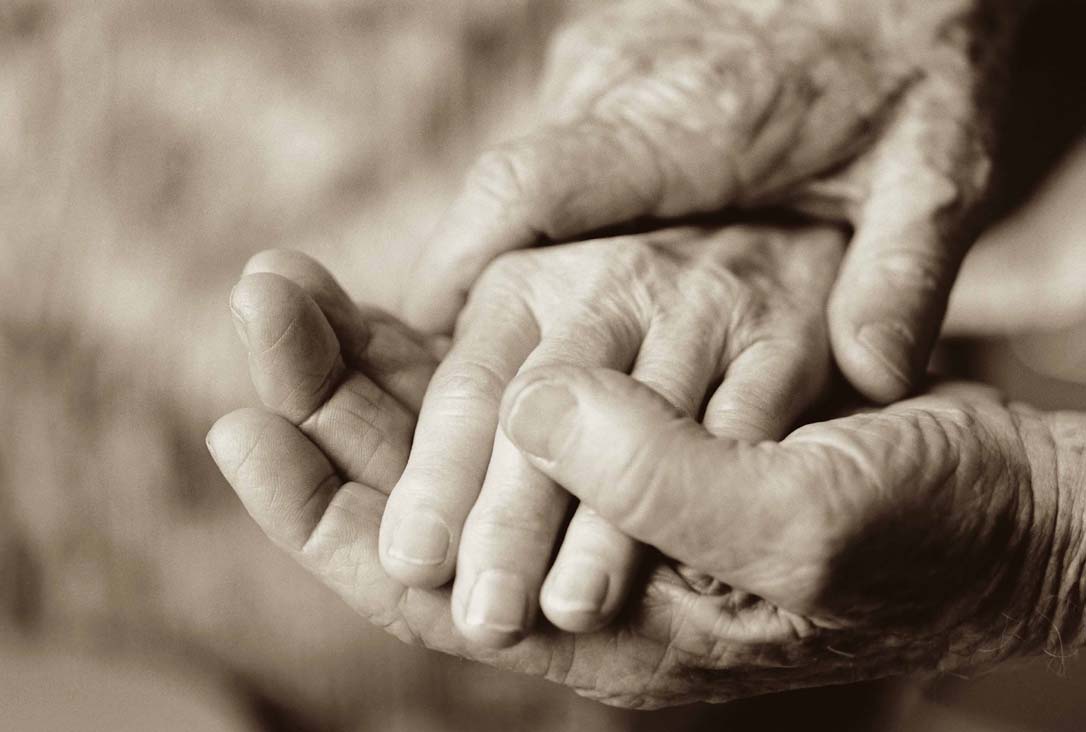The University of Michigan Health and Retirement Study has released a longitudinal panel update that surveys a representative sample of more than 26,000 Americans over the age of 50 every two years.
Supported by the National Institute on Aging and the Social Security Administration, the HRS explores the changes in labor force participation and the health transitions that individuals undergo toward the end of their work lives and in the years that follow.
Since its launch in 1992, the study has collected information about income, work, assets, pension plans, health insurance, disability, physical health and functioning, cognitive functioning, and health care expenditures. Through its unique and in-depth interviews, the HRS provides an invaluable and growing body of multidisciplinary data that researchers can use to address important questions about the challenges and opportunities of aging.
The shift in the U.S. retirement system away from company pensions and towards individual
retirement accounts has placed greater responsibility on workers for ensuring the adequacy of
their saving and managing those savings.
Absent ready availability of or familiarity with suitable financial instruments, retirees increasingly are self-insuring against a variety of retirement risks, especially the risk of outliving their assets. One alternative to self-insuring against extended longevity is an insurance product known as a “longevity annuity.” The essence of a longevity annuity is a fixed stream of payments that begins with a substantial delay from the time the contract is purchased—a longevity annuity purchased at age 60 or 65, for example, might begin payments at age 75, 80 or 85.
The current market for longevity annuities faces many barriers, ranging from consumer decision making that does not account adequately for longevity risk to the fiduciary concerns of employers to incomplete markets for the hedging of risk by insurance companies. In this paper, we highlight how recent trends have precipitated a need for products that offer protection against longevity risk, consider whether longevity annuities can improve retirement security, highlight barriers to more widespread take-up of longevity annuities, and offer a menu of potential reforms to bolster this fledgling market.









